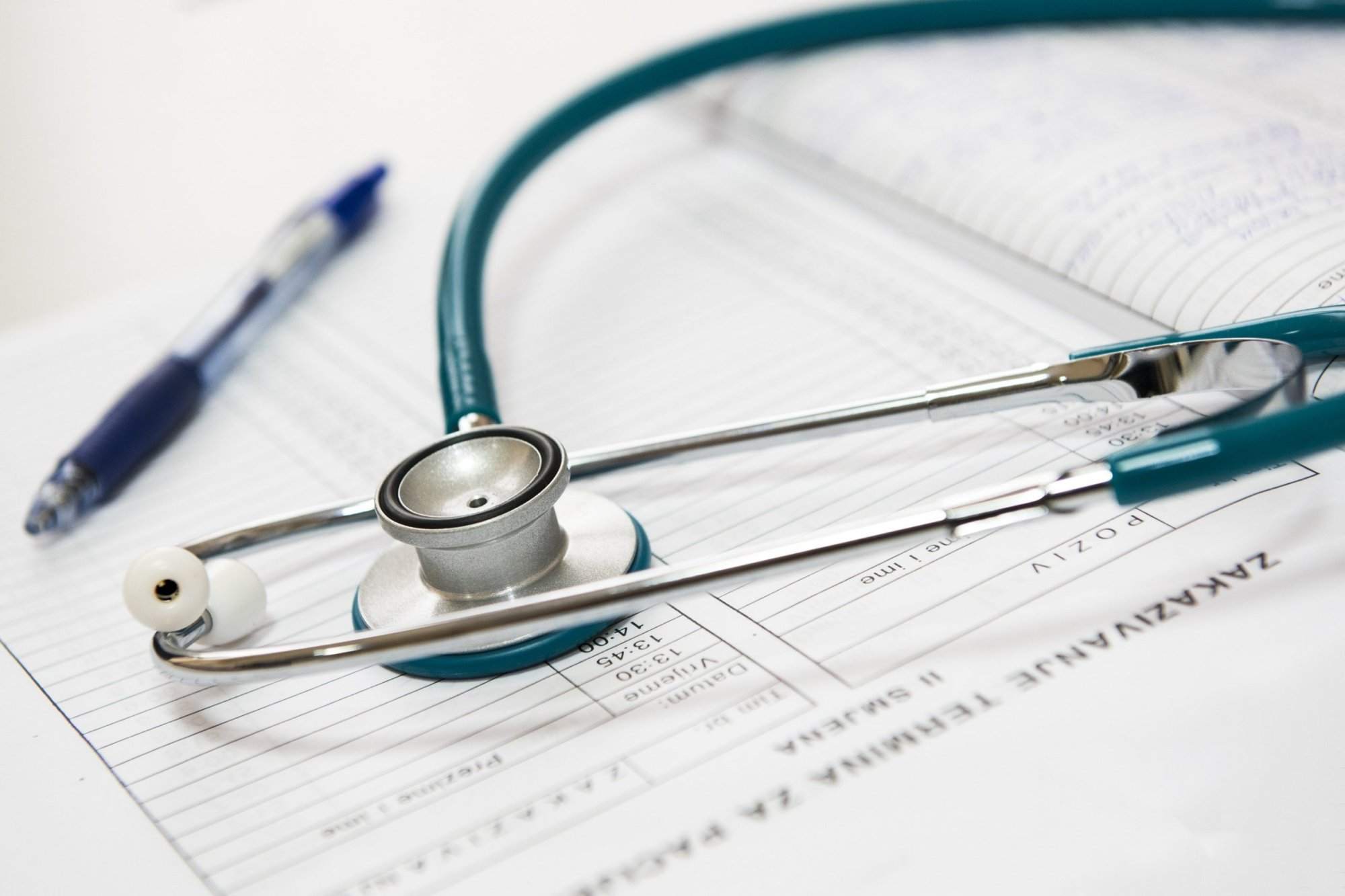If you, your spouse, or dependents had considerable medical or dental expenditures in 2022, you may be eligible to deduct those costs when filing your tax return this year. What you should know about medical and dental bills, as well as other benefits:
Itemizing:
Only medical expenditures paid for in 2022 can be claimed, and only if you itemize Schedule A on Form 1040. These costs are not deductible if you use the standard deduction.
Limited Deductions:
You are able to deduct all eligible medical expenses paid for during the year. In 2022, however, you can only deduct the amount that exceeds 7.5% of your adjusted gross income.
2022 Expenses:
Medical and dental expenditures incurred during the year can be deducted, irrespective of when the services were rendered. For instance, if you use a credit card, include medical costs charged to the card in the year the charge is made, not when you pay the amount charged.
No deduction for Reimbursed Expenses:
Any reimbursement must be deducted from your overall medical costs for the year. Costs covered by insurance or other sources are not deductible. Whether you obtain the reimbursement, or it is paid straight to the doctor or hospital makes little difference in most cases.
Qualified Medical Expenses:
Include eligible medical costs for yourself, your spouse, and any dependents you have. Divorced or separated parents, taxpayers with a multiple support arrangement, or those with a qualified relative who is not your kid are all subject to several exclusions and special regulations.
Expenses principally spent for the diagnosis, cure, mitigation, treatment, or prevention of disease or therapy affecting any structure or function of the body are deductible. Only prescription medications and insulin can be deducted. (i.e., no over-the-counter medicines). You can also include premiums for medical, dental, and some long-term care insurance, as well as breastfeeding supplies, in your costs.
Cost of Transportation:
You can deduct travel costs that are mainly for and necessary to medical care as a medical expense, such as taxi, bus, train, aircraft, or ambulance fares, as well as tolls and parking fees. You can deduct real out-of-pocket expenditures such as petrol and oil if you use your automobile for medical transportation. Alternatively, you can deduct the regular mileage rate for medical costs, which was 22 cents per mile (July 1-December 31, 2022) and 18 cents per mile (July 1-December 31, 2023). (January 1-June 30, 2022).
No Double Benefit:
You cannot deduct medical and dental costs paid for with funds from your Health Savings Accounts (HAS) or Flexible Spending Accounts (FSA). (FSA). Amounts paid with these monies are normally tax-free. This regulation prohibits receiving two tax breaks for the same cost.
If you need assistance identifying what counts as a medical or dental cost, please contact.


0 Comments